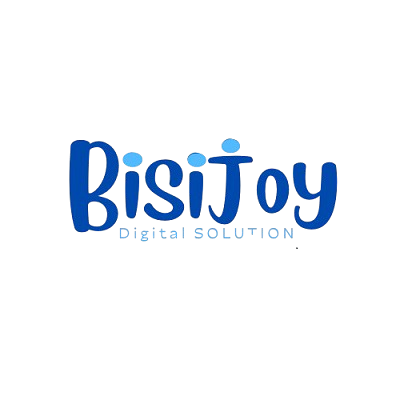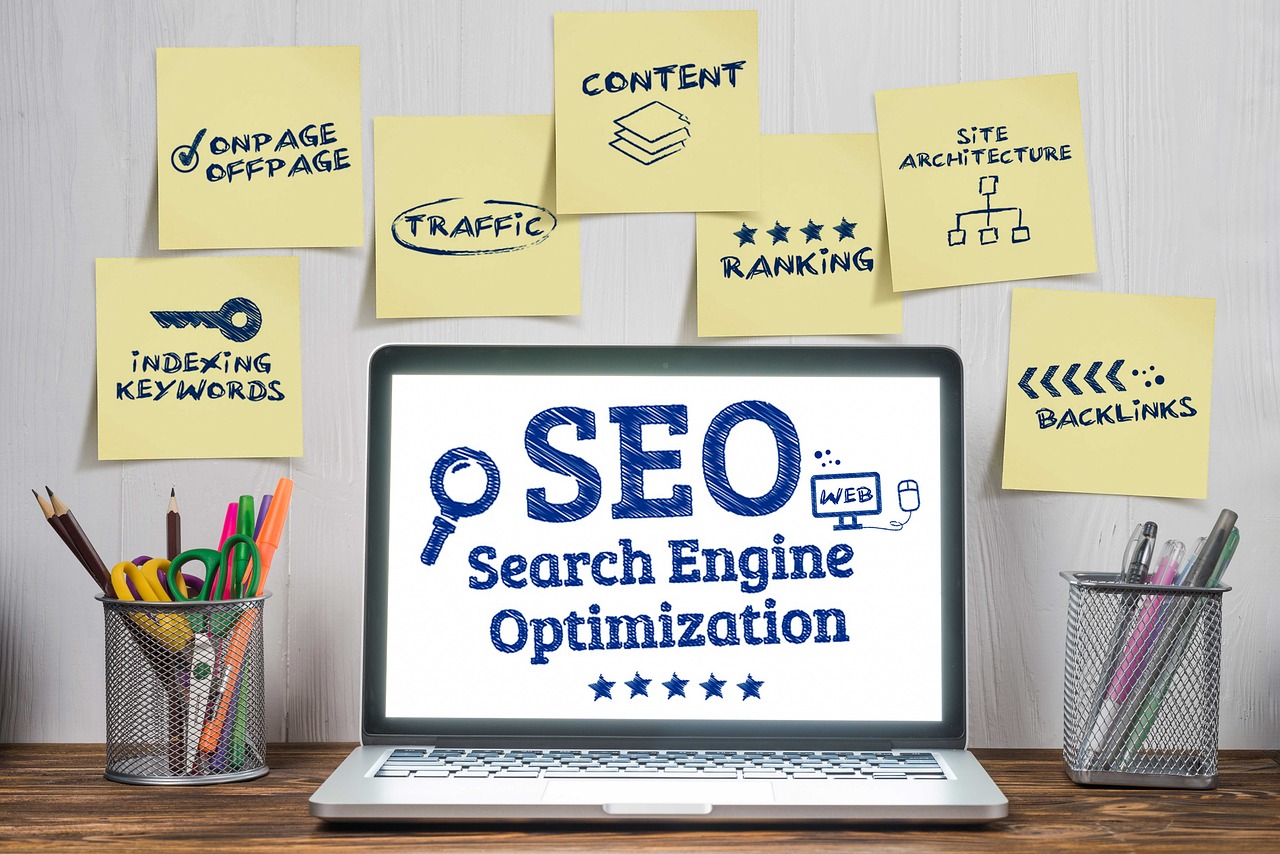To have a successful SEO project, SEOs must ask key questions to clients to have a complete grasp of their needs, goals, and project scope. These questions can either be about the target audience, current website, SEO status, competitors, budget, timing, expectations, challenges, and more. Here’s a list of questions every SEO must ask a client in an SEO project.
What is SEO
SEO stands for search engine optimization. In simple terms, SEO means the process of improving your website to increase its visibility in Google, Microsoft Bing, and other search engines whenever people search for information. The better visibility your pages have in search results, the easier it becomes to see your products and services. The number one goal of search engine optimization is to help attract website visitors who will become customers, clients, or an audience that keeps coming back.
1. Business goals and objectives of client.
What are your company’s major short- and long-term objectives?
How does SEO fit into your overall marketing strategy?
What are your key performance indicators (KPI) for success?
2. Target audience.
To have a successful SEO project, you must know your client’s target audience. (Demographics, location, and interests). Ask the following questions:
Do you have any customer personas created?
What pain points or challenges does your product/service solve for them?
3. Current website and SEO status.
What is the current state of your site? (e.g., CMS, mobile-friendliness, website performance) Have you previously performed any SEO on the site? If so, what strategies were implemented?
Do you currently track your website’s analytics? What tools do you use?
4. Competitive Analysis.
Who are your main opponents, both online and offline?
What distinguishes your company from competitors?
Do you have any specific competitors you’d like to outrank in search results?
5. Content and keywords to be used in the SEO project.
What is the current content on your website? (For example, blogs, product pages, landing pages) Do you intend to target specific keywords or themes?
How often do you publish new content, and what is your content creation process?
6. Technical SEO.
Are there any known technical issues with your website? Do you have a development team that deals with issues like broken links and crawl errors?
Do you have a development team who can assist with technical implementations?
How is your website now structured? (Examples: URL structure, sitemap, and schema markup)
7. Link Building and Off-page SEO:
Have you already created backlinks?
Are there any specific websites or sectors you’d like to be associated with?
Have you experienced any issues with poor SEO or spammy backlinks?
8. Local SEO.
Does your company serve a certain geographical area?
Are you listed on Google My Business and other local directories?
Is there any location-specific content or pages on your website?
9. Budget and Resources for the SEO Project.
What is your budget for this SEO project?
What amount of time and resources can you dedicate to SEO each month?
Do you have any particular ROI expectations?
10. Timeline and Expectations in SEO project
What is your desired time frame for receiving results?
Are there any upcoming events or product launches that SEO Project should promote?
How frequently would you like to receive progress reports?
11. Ask about their challenges and concerns.
What obstacles have you faced with SEO in the past SEO projects?
Do you have any special concerns or risks?
How would you like to interact and work on this SEO project?
These questions encourage clear communication between the SEO specialist and the client, which leads to more effective tactics and better results.

Conclusion on Questions Every SEO Must Ask a Client in an SEO project
From my experience on SEO projects, the keys to long-term SEO performance and ROI maximization are setting reasonable expectations, honest communication, and thorough competitor analysis. Setting objectives, figuring out key performance indicators, and integrating SEO into marketing strategy are essential. Based on all of these insights, an SEO specialist creates a customized plan by thoroughly understanding the target demographic, business objectives, and client demands to amount to a successful SEO project.
Wish you all the best!

